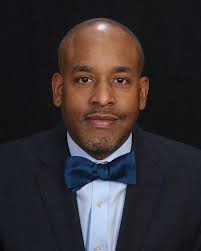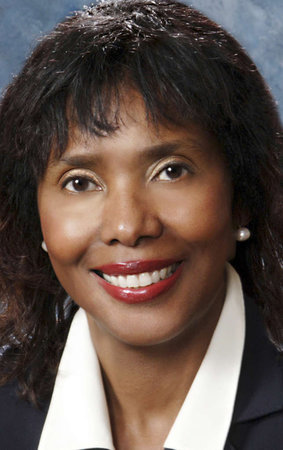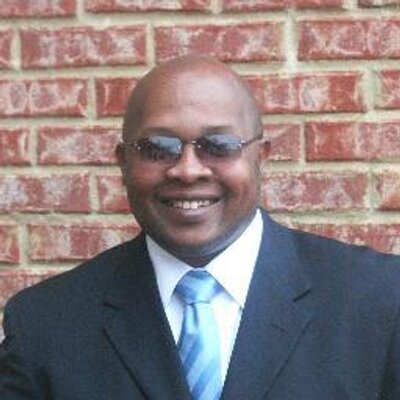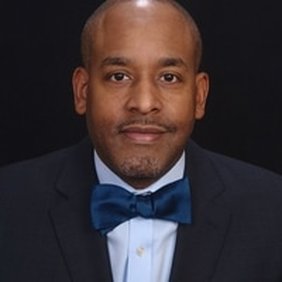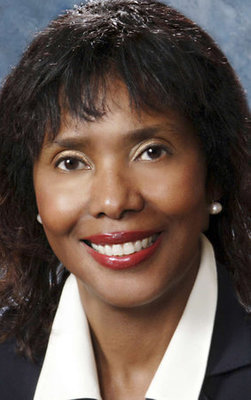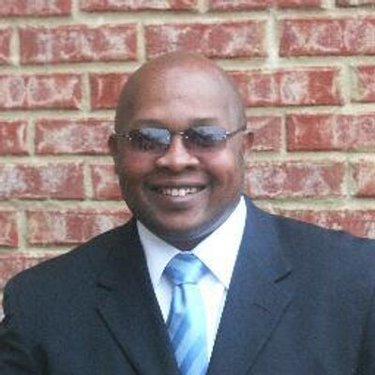4 Scholars 4 Questions
| ||||||||||
Dr. Marybeth GasmanHBCUs have a long rich history. Why is there still a debate for many regarding the value of HBCUs?
The debate continues for three reasons:
Dr. Michelle Howard-VitalAre there any thoughts you would like to tell the education landscape about HBCUs?
Good question! I have taught or provided leadership as provost or president in three Historically Black Colleges and Universities (HBCUs). Even though each of these HBCUs have significant differences in geographical locations, Board support, and financial resources, there were two significant qualities they shared 1) faculty and staff demonstrated their support for, and belief in, the intellectual possibilities of first generation students and underprepared students - they cared about the dreams and hopes of the students they served and 2) with limited resources, HBCUs have been able to produce a significant portion of the next generations of STEM leaders, engineers, and other professionals.
Why is this important to the educational landscape? The aforementioned is extremely significant because many faculty and staff at HBCUs realize that in additional to teaching specific disciplines, there is also a psychological/social component of higher education that might be as needed for students who come eager to learn but enter the college/university from less than supportive families and communities. These students have often been ignored or discounted in the K-12 education systems. Faculty and staff in many HBCUs embrace these students like family and guide through pathways that ultimately lead to more specialized knowledge, improved emotional intelligence, and confidence to success in more selective graduate schools or competitive professions. |
Dr. Larry J. WalkerWhy should an HBCU be at the top of any prospective student’s list to attend?
Recently President Trump signed an Executive Order recognizing historically Black colleges and universities (HBCUs) important contributions to higher education. Acknowledging the role HBCUs play meeting the needs of students is critical in today’s society. HBCUs provide vital support systems for Black and minority students from low and moderate-income backgrounds. For instance, students that attend HBCUs excel during and after their college experience because of strong linkages between administrators, alumni, faculty, and students. According to a Gallup study, in comparison to Black alumni from predominately White institutions (PWIs), HBCUs graduates scored higher in areas including financial and social well-being. The findings suggest that students benefit from rigorous environments that center learning within cultural norms.
Replicating the HBCU experience at other post-secondary institutions is difficult. Historically they have excelled at training a new cadre of preeminent scholars in literature, political science, social activism, and STEM while protecting students from microaggressions and macroaggressions. Students considering HBCUs for undergraduate, graduate, or professional school would benefit from institutions that offer strong peer to peer relationships. Furthermore, first generation college students with limited familial and/or financial support flourish because of an extensive network of caring adults committed to their long-term success. While HBCUs offer challenging academic courses they also aid in student’s socio-emotional development. Emerging scholars develop strong bonds with classmates and faculty members that encourage students during challenging times. In addition, HBCUs provide healthy ecosystems that allow students to learn from their mistakes without a fear of failure. This is particularly important for underserved populations learning to navigate post-secondary institutions. Overall, students that matriculate at HBCUs succeed because of tradition of excellence and commitment to addressing society’s most pressing issues. You can download Dr. Larry J. Walker's article
Dr. Henry M. CarterWhat makes the HBCU experience different than the PWI experience?
Predominantly white institutions (PWI) — schools of higher learning in which whites account for at least 50% enrollment — and historically black colleges and universities (HBCU) — post-secondary schools that were established and accredited before 1964 and whose. (USA Today Jun 1, 2014) There is an ongoing discussion to whether a black man or woman degree is more valued when it was acquired from a PWI than a HBCU. Is there a belief that white people are more astute than black people,so the institutions will produce black students who are more prepared? Because PWIs have more resources than HBCUs, they can attract better students ? There are clearly pros and cons to attending a HBCU and a PWI. One pro for attending a HBCUs is the culturally relevant education. According to Brandon Ellington Patterson who was a senior Sociology major at Howard University in Washington, DC "At Howard, I feel immersed in Black ideas, Black culture, Black people. And I love it. It’s necessary (myblackmindd.wordpress.com,December,2015). A pro for attending a PWI is you have a better chance of getting a scholarship. PWIs have higher endowment ( yougotintowhere.com, October,2016). Black graduates of historically black colleges and universities are significantly more likely to have felt supported while in college and to thrive afterwards than are their black peers who graduated from predominantly white institutions, according to the data from an ongoing Gallup-Purdue University study.( insidehighered.com, October,2015) Statistics 29 percent of black graduates who did not attend an HBCU said they were “thriving financially while,” 51 percent of black HBCU graduates reported doing so (Gallup-Purdue University study October,2015). 50 percent of black HBCU graduates said their college or university was “the perfect school” for them, compared to 34 percent of non-HBCU black alumn (Gallup-Purdue University study October,2015). HBCUs have provided black students with a safe haven to express their culture. They are supported by faculty and staff that understands the unique challenges they will receive in a country that is seeking to find a racial balance. The experiences of attending a HBCU is vastly different than the experiences of black students who attended a PWI. Academically both HBCUs and PWIs have produced some of the brightest scholars,however you walked away from a HBCUs with a little more pride in oneself. | ||||||

HBCU expert and advocate Joan E. Gosier offers her comment on 4 Scholars 4 Questions.
"I think statistically the fact that the HBCUs currently operate by a "yeast"/" mustard seed" example is a strong reason for support. Any entity that represents 3% but yields 50% or higher of the 2% is a force to be reckoned!!! (Joan E. Gosier, HBCU Kidz, Inc.)."
"I think statistically the fact that the HBCUs currently operate by a "yeast"/" mustard seed" example is a strong reason for support. Any entity that represents 3% but yields 50% or higher of the 2% is a force to be reckoned!!! (Joan E. Gosier, HBCU Kidz, Inc.)."

